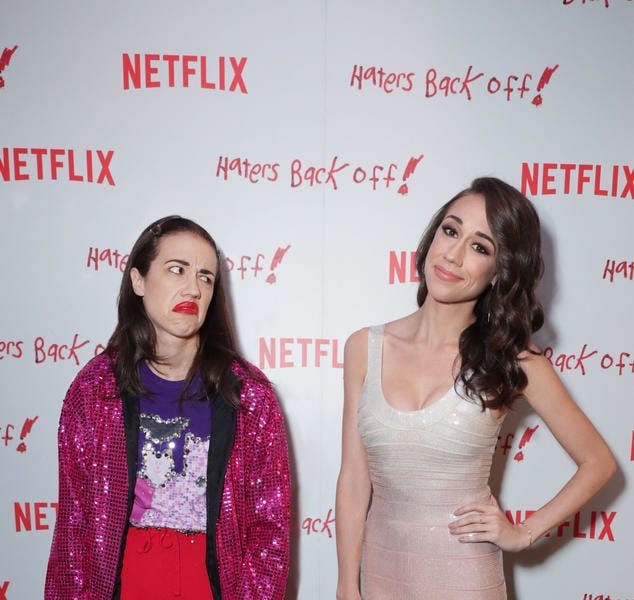Unveiling the Reality of Working with Miranda Sings
Core Concepts
The author recounts their uncomfortable experiences working on Haters Back Off and sheds light on the lack of accountability in the entertainment industry, emphasizing the real impact of cancel culture.
Abstract
The author shares their unsettling journey as a Writers’ Assistant on Haters Back Off, detailing discomfort with Miranda Sings' content and behavior. They highlight issues of diversity, inappropriate themes, and lack of accountability in the workplace.
Customize Summary
Rewrite with AI
Generate Citations
Translate Source
To Another Language
Generate MindMap
from source content
Visit Source
www.apologizetome.com
on "cancel culture," accountability, and being in the writers' room with Miranda Sings
Stats
"This was 2016, only a few months after a fellow April (Reign, that is) launched the #OscarsSoWhite campaign"
"I was terrified to be seen as anything less than enthusiastic to be there."
"Colleen’s insistence that we used limited POC background actors as the show took place in Washington"
"since someone with some actual say had spoken up, things might change."
"she would show us photos of the packed rows of smiling children who had attended her show"
"Colleen assured them that they had only casted the best person for each role"
"She saw no issue with commenting on my hair, or my clothes, or asking about my personal life."
"She once gave me the “honor” of naming a character after me"
"And it was that same cruelty that I recognized in the video she posted on Wednesday"
Quotes
"I don’t know what’s next for Miranda Sings, but one thing I do know is that Adam, and Becky, and Johnny, and everyone else who has spoken out are all owed, at the very least, a thoughtful, sincere apology."
"The truth is, there are real people who have had real experiences that have affected them a great deal."
"There is no witch hunt, no “toxic gossip train,” no dangerous mob hell-bent on destroying the life of an innocent person just for something to do."
Key Insights Distilled From
by April Korto ... at www.apologizetome.com 02-26-2024
https://www.apologizetome.com/p/on-cancel-culture-accountability
Deeper Inquiries
How can workplaces in creative industries ensure accountability while fostering creativity?
Workplaces in creative industries can ensure accountability while fostering creativity by implementing clear and transparent policies regarding behavior and conduct. This includes having avenues for reporting misconduct, providing training on diversity, equity, and inclusion, establishing a zero-tolerance policy for harassment or discrimination, and promoting a culture of open communication. Additionally, regular check-ins with employees to address any concerns they may have and holding individuals accountable for their actions are crucial steps towards creating a safe and respectful work environment. By prioritizing accountability alongside creativity, organizations can create a space where all employees feel valued and supported.
What are potential drawbacks to relying solely on cancel culture for addressing misconduct?
Relying solely on cancel culture for addressing misconduct can have several drawbacks. One major issue is the lack of due process or investigation that often accompanies cancellation. In many cases, individuals are publicly shamed or ostracized without being given the opportunity to defend themselves or address the allegations against them. This can lead to unfair treatment and damage to reputations based on unverified claims. Furthermore, cancel culture tends to focus more on punishment rather than rehabilitation or education, potentially hindering opportunities for growth and learning from mistakes. It also creates a volatile environment where public opinion shifts rapidly without considering the full context of situations.
How does societal perception influence tolerance towards inappropriate behavior in entertainment?
Societal perception plays a significant role in influencing tolerance towards inappropriate behavior in entertainment by shaping what is deemed acceptable or unacceptable within the industry. The normalization of certain behaviors or attitudes through media representation can impact how individuals perceive what is appropriate conduct behind the scenes. Additionally, power dynamics within the entertainment industry often contribute to enabling inappropriate behavior as those in positions of authority may abuse their power without facing consequences due to societal norms that prioritize fame over accountability.
Moreover, public reactions to scandals or controversies involving celebrities can either reinforce negative behaviors by excusing them as part of fame or demand accountability by holding individuals responsible for their actions.
0
